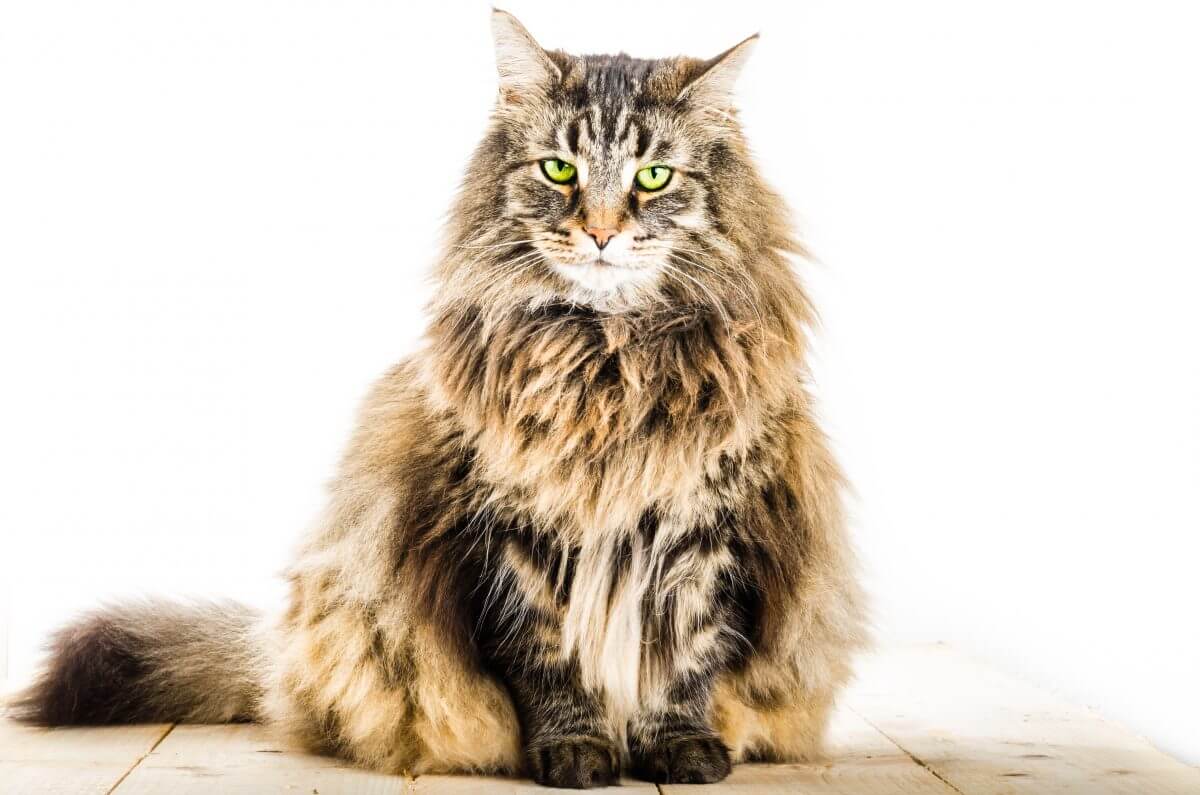How do I know if my cat is considered “Senior”?
Your cat may not be a wound-up kitten anymore, but old age shouldn’t keep your senior cat from getting the most out of the years ahead.

Senior cats are generally classified as being over 11 years of age. If your cat falls within this age group, it is important to be aware of certain physical and mental changes your senior cat will undergo at this stage of life. The following list contains common symptoms and conditions often associated with senior cats that can potentially impact their quality of life:
- Weight changes (either gaining or losing too much weight)
- Decreased sense of smell and hearing
- Sensitivity to light
- Heart or circulatory problems
- Less agility
- Digestion difficulties
- Brittle nails
- Grooming difficulties in hard-to-reach areas
- Loose skin/Loss of muscle mass
- Behavior changes, such as increased accidents outside the litter box, irritability, decreased human interaction, confusion and less playfulness
- Fluctuating sleep patterns
- Reduced digestive function
- Reduced immune response
If your older cat has become less active and is now reluctant to jump on counters and other areas that he used to frequent, it may be because your cat has developed arthritis.
Likewise, without the proper care, dental disease can pose a problem, particularly for older pets. You may be surprised to learn that veterinarians find evidence of dental disease in many pets as early as 2-3 years of age. If nothing is done to care for your cat’s mouth, by the time your cat is a senior, he may even have lost some teeth. Dental disease can be painful, causing your cat to have difficulty eating or even avoid his meals. This may result in weight loss and an unkempt hair coat.
Dental disease is certainly not the only disease that can lead to weight loss. Senior cats frequently suffer from kidney disease, thyroid disease, liver disease, heart disease and other conditions that may result in weight loss.
On the other hand, some senior cats may have the opposite problem. Some cats will become less active with age, essentially becoming couch potatoes, and will gain weight as a result. Obesity is a major health issue in cats of all ages, and senior cats are no different.



